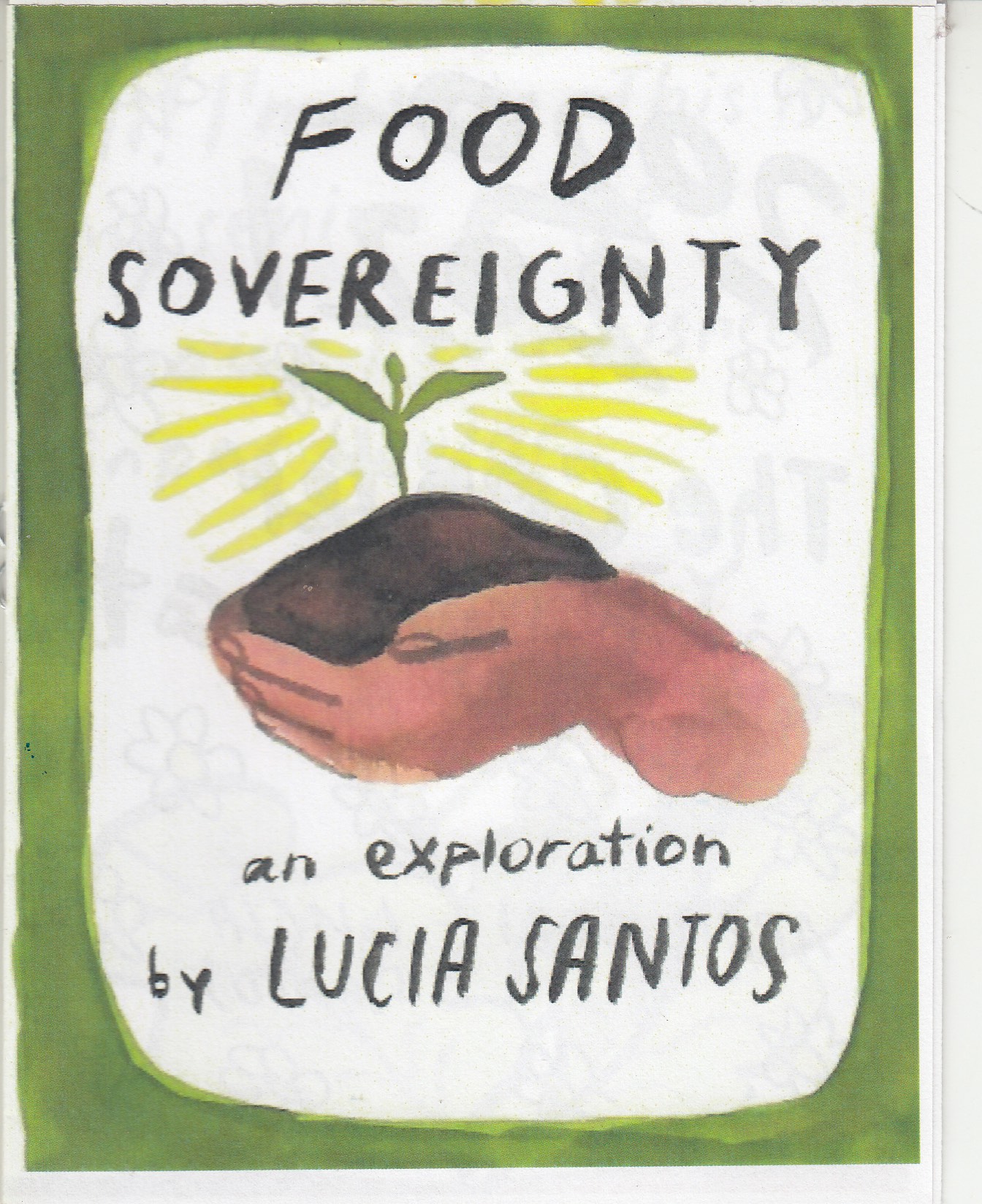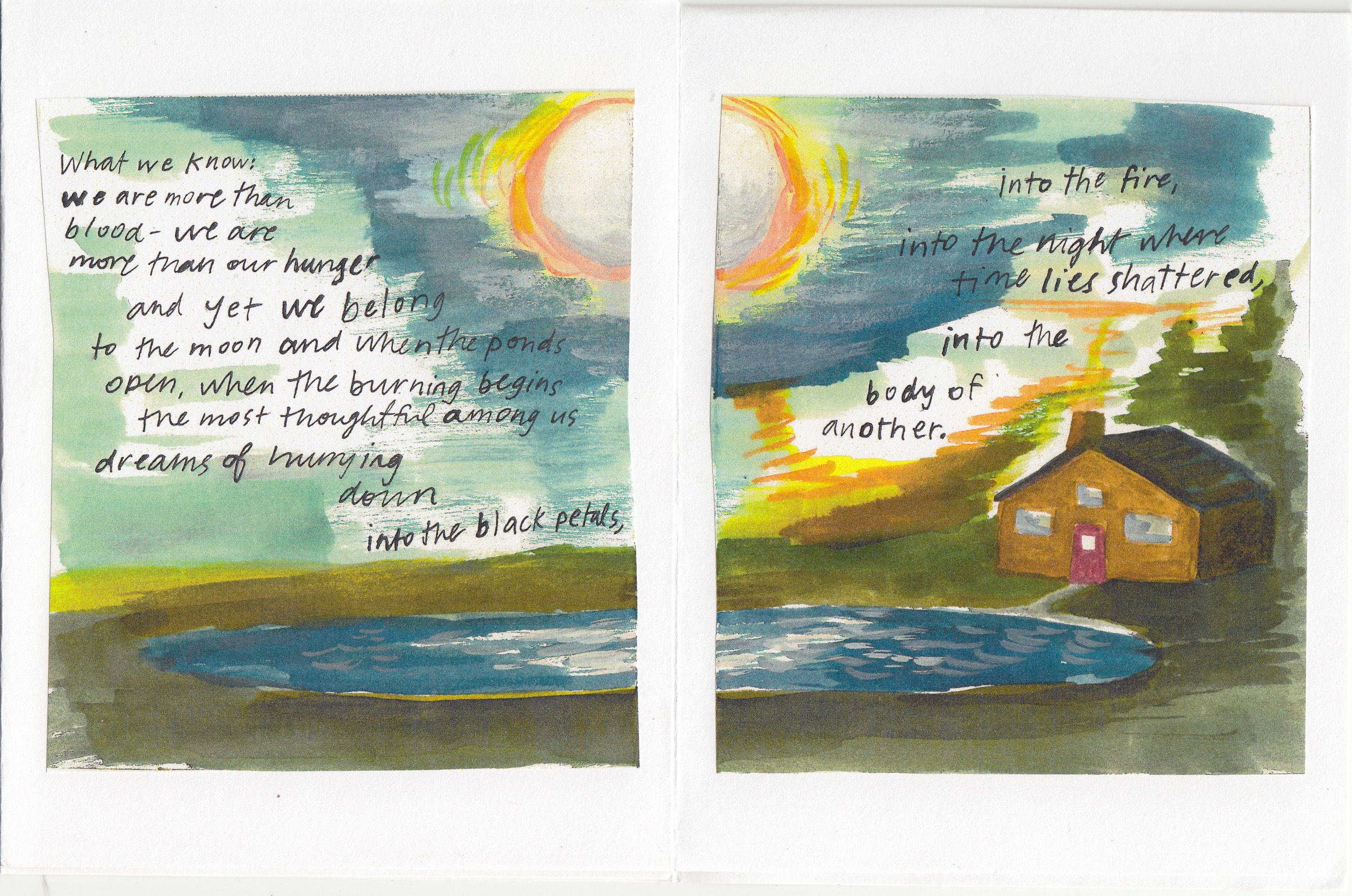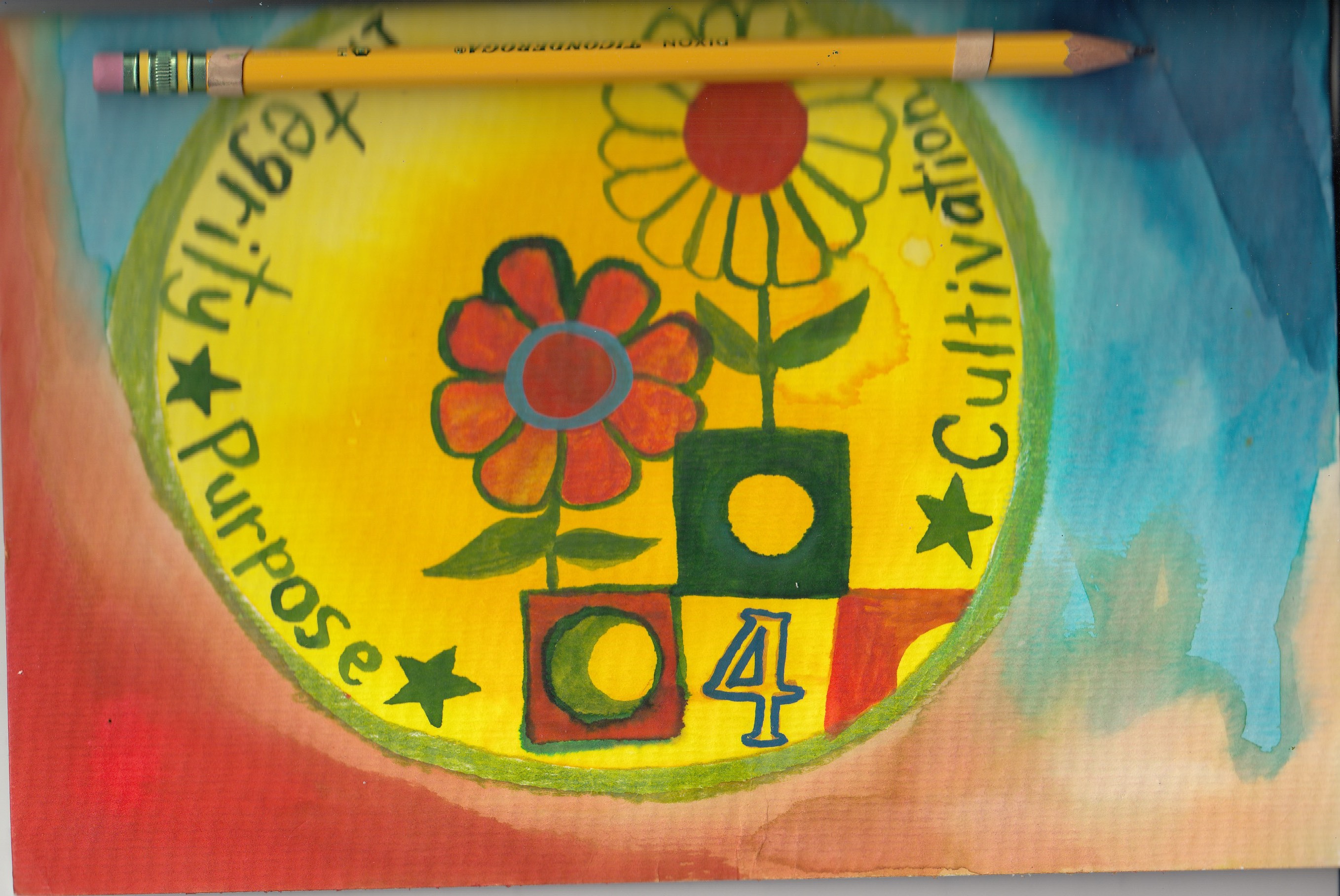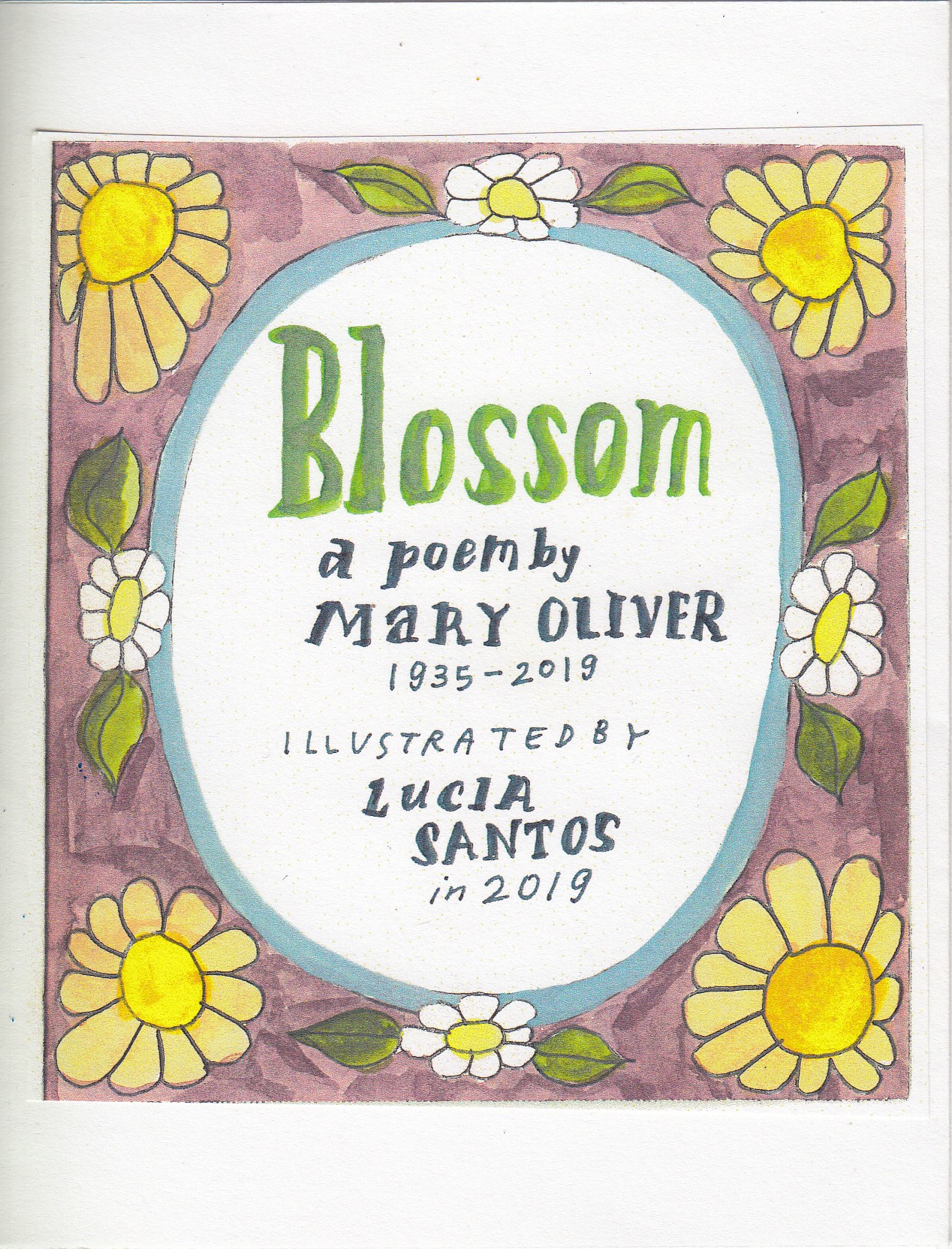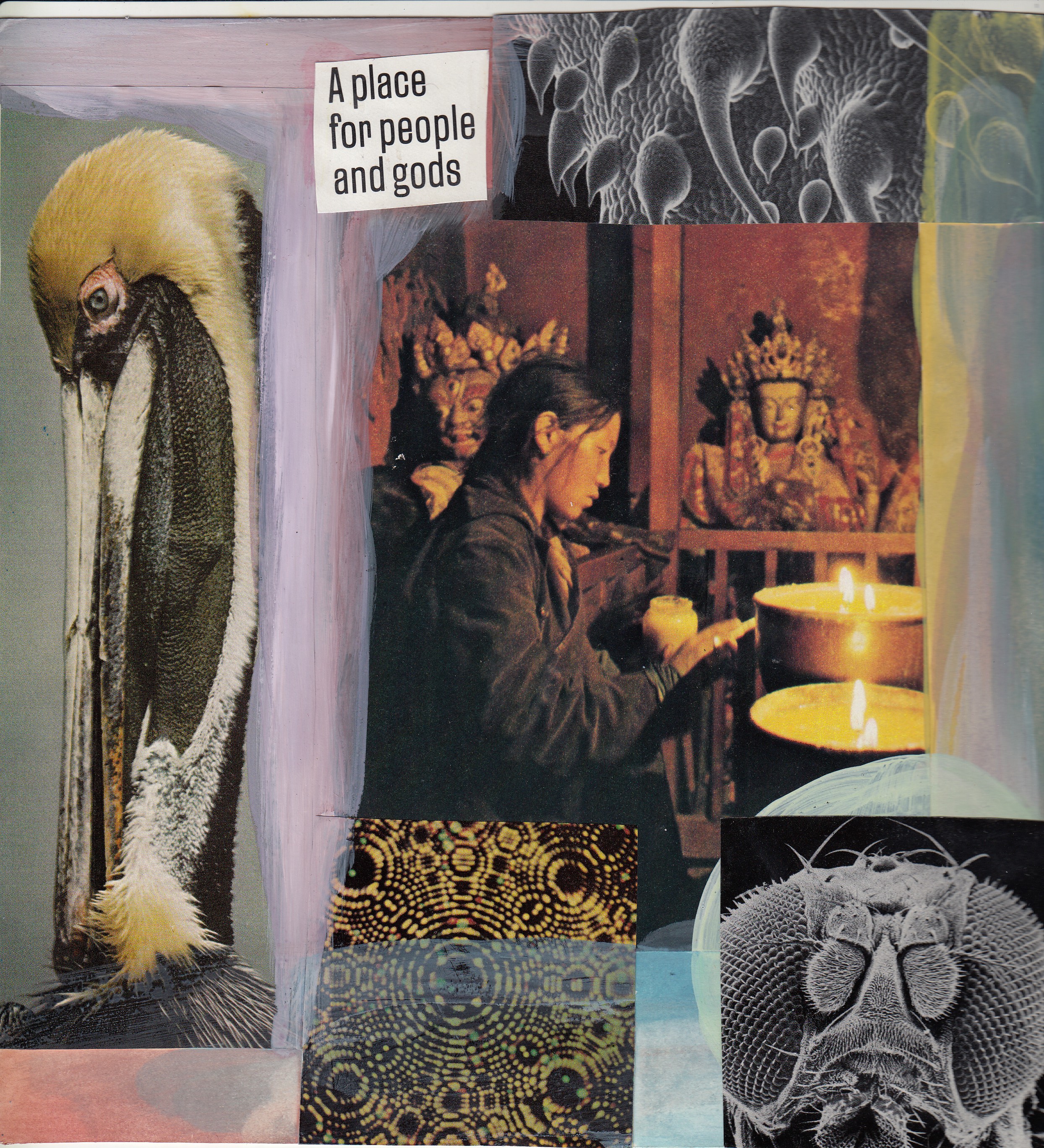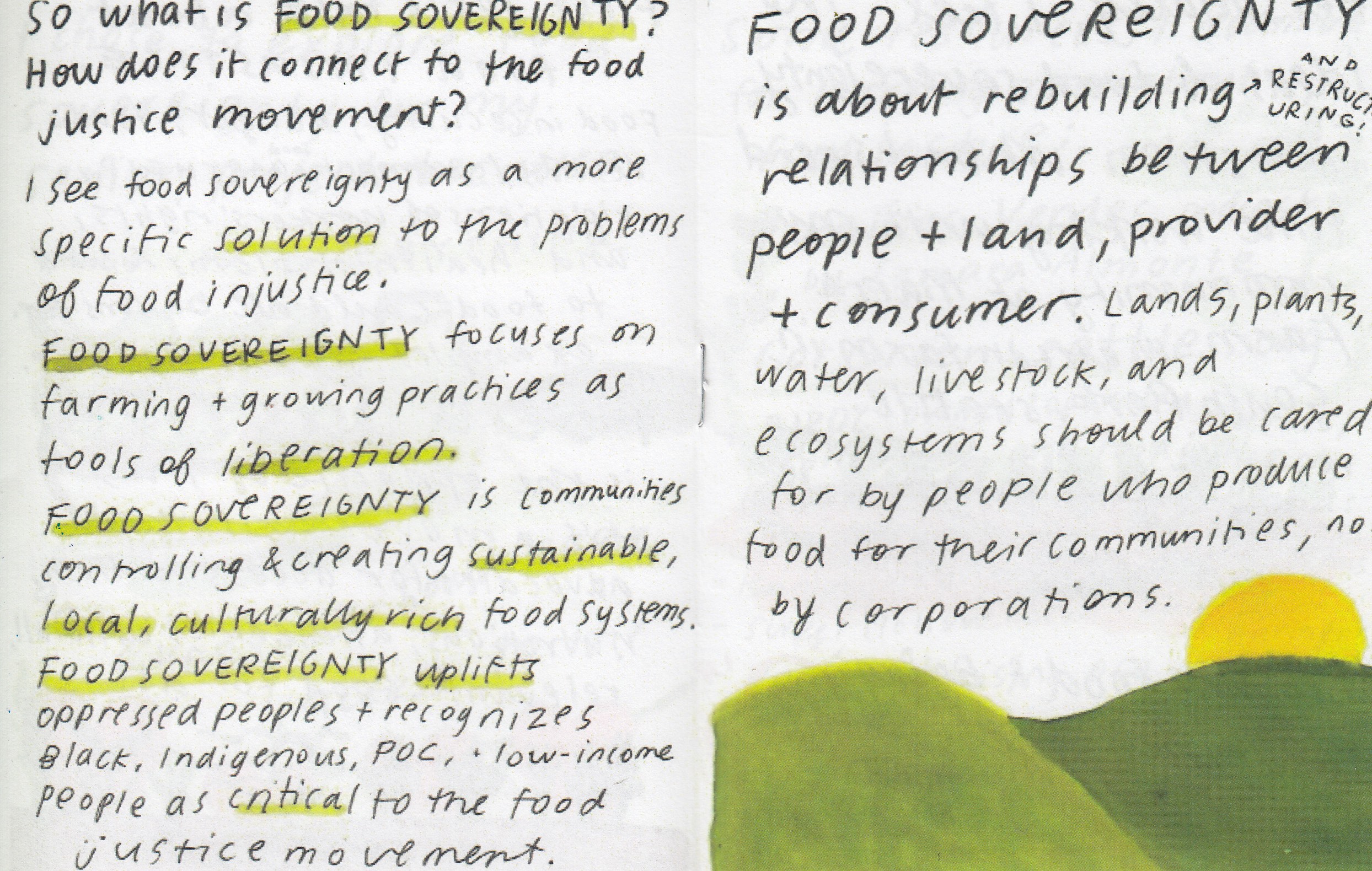Last year, 2022, I--Grace BC'24, a zine assistant at the Zine Library--was inspired to explore the Asian American and Pacific Islander zinester community in New York City. I was interested in the question of how people found zines. For me, I was introduced to zines in high school when zine making was incorporated into a history unit on activism and alternative media. Then, coming to Barnard, I discovered the Zine LIbrary and have since become involved as a zine assistant, helping archive, catalog, and curate zines for the greater Barnard/Columbia community. Throughout the process, I've been drawn to perzines on identity and culture. Reading other AAPI people's experiences, I've always wondered about their journey to zines. Thus this project was born. The project investigates the process of different NYC zinesters. Published in a series of blog and social media posts, I hope these mediums serve as a reference point for other people who are interested in zine making, offering them an insight into the significance of zines to different people. Take a look at Lucia's zines.
It was the Summer of 2022 when Zine Assistant Grace Li (BC '24) and Lucia Santos (BC '25) sat down and spoke about Lucia's process and journey with zine making as an Asian American. Starting with her journey with making zines since she was 10, Lucia continues to describe the zinester community of the Pacific Northwest and the teachers in elementary school that fostered her creativity. The conversation then turned towards Lucia's process of zine making and how the themes of nature and the environment shape some of the zines that she creates, as well as what it means for Lucia to be a Filipino American in this space. Inspired by the band, Emily's Sassy Lime, Lucia goes on to share personal inspirations for creativity and writing.
The following interview transcript was edited for clarity.
G: Could you please introduce yourself and how you got into zines and zine making?
L: My name is Lucia Santos, I'm a rising sophomore at Barnard. I'm from Seattle, Washington, where I am right now. I have been making zines since I was 10. In Seattle, I was around a lot of artistic teachers and mentors when I was younger. In the 2000s, coming out the 90s, a lot of them were really involved in the zine making scene in the Pacific Northwest (PNW), which was a huge base for zines. They brought some of that riot grrrl stuff into their teachings and showed me how to make zines, and I had a book that demonstrated different ways to fold zines. It was one of my interests growing up and then as I continued through school, I used zines as a tool for school projects and a way of communicating things creatively and academically–a way for communicating knowledge. Zines were just fun as a kid and I loved showing others how to fold the one-page zines and things like that.
G: That's so interesting, you talked a lot about how the PNW was influential in your childhood, growing up with so many people who were involved with zinemaking. Could you talk more about your mentors in this area and how that relationship informed your process or approach to zine making?
L: Two people that I can think of are my sister's preschool teachers, Lilly and Jayla, and they had an art program that families could go to on the weekend, at an ice cream parlor. They would have a huge table full of scraps from magazines and interesting papers and things like that. I learned a bit about zine making technique, but it was mostly do what you want with all of this cool material which definitely helped me and mentored me in a way. I had a book that was called "How to Make Books" by Esther K. Smith.
G: You've been making zines for a while now, do you find yourself returning to a theme? How would you describe your style and has it changed as you've gotten older?
L: I dug out some old zine for this, for old memories and to help remember things. I think the theme is nature lately. In high school at least, I did these two zines which are about issues about the environment. When I was younger, it was more goofy like "I'm going to tell a crazy story" or "Everywhere I want to travel." I definitely think that it's more about the form than what's in it, for me. I really just enjoyed, and enjoy, learning about how to make a new style of book, having that limited space of 6-12 pages to fill with anything. I like the feeling of "this is how much space there is, what can I do in that space." I'm sure other people feel that way as well.
G: Definitely, I like looking at different spine stitching techniques and the choices that zinester make when they expose the spine stitching or things like that. Really cool stuff!
L: There are so many book art techniques that are used as well!
G: For sure! Sort of moving onto the identity section, could you talk a little about what the words community, identity, or future mean to you in the context of zines or what it means to be AAPI in this space?
L: I definitely think this reaches back to growing up in the PNW. What I think is interesting about growing up in the PNW is the zines and the whole riot grrrl situation, was that it was extremely white. So much amazing art was made out of the whiteness of that space, and I'm sure that the Barnard Zine Library has zines that are sort of critiquing this movement like "What is going on" or even white women that realized that this was happening. I do think that it's inspiring, especially as an Asian woman, to see how my predecessors in the PNW, which is very Asian, but in that moment created a different space. There's a band called Emily's Sassy Lime that is all Asian women. That band in middle school I listened to a bunch. They made a zine or two about their experiences as Asian teenage girls in the riot grrrl scene and the punk scene. I'm also Filipino, so I feel like that is a slightly different identity as well. In Seattle, there's a big Filipino community. I'm in touch with people who have created zines about people who create zines against US imperialism in the Philippines with posters and zines. Being Asian only strengthens my connection to the people who have critiqued that movement, but also contributed to it and moved it forwards.
G: Definitely, that is something that we think a lot about in the ZIne LIbrary, especially when we curate about the exhibitions. I work on the social media and we polled our followers to see what types of zines they would like to have us recommend and we got so many responses like "Butch zines" and "punk zines" and "riot grrrl zines," and the other people who work at the Zine Library are working to provide more recommendations that highlight more diverse perspectives than is typically associated with punk or riot grrrl zines. So it's definitely interesting hearing about your own personal experience growing up in Seattle and the PNW. So now that you are in NYC, how would you describe the zine making scene here? Are there particular scenes that you would like to get more involved with? What has your experience been like so far?
L: Growing up there is a zine festival in Seattle every year, and I would go and see people that I know. It's called Short Run Zine Festival. In New York, I don't feel like I've tapped into the zine community, except at Barnard when I visit the Zine Library. I saw this weekend there was an East Village Zine Fair, and I think for me, I just need to tap into it more during the school year. I know that things like that happen, but I definitely .. I do feel like the East Coast, or the zines I've seen so far a bit more cultural, and a little bit more refined than the ones I've seen in Seattle, but I also think that's the attitude of me and also the areas maybe. There's different personalities that are present in zines that it's hard to compare them. I would love to get more involved in New York, and for me that's talking to you and visiting the Zine Library more often. I think that I'm also interested in visiting the Center for Bookarts which isn't so much zine making, but I think it would be cool to learn more about. Still much to learn.
G: Definitely, and for me, I think getting more involved or more attuned with the community beyond the Barnard/Columbia school year is so hard to do: balancing academics and stuff. So I definitely feel you! You mentioned Book Arts, I was wondering whether there are other mediums that inspire you?
L: In the past 3 years, I've begun identifying more as a writer and have gotten more into writing. I ended up joining the Youth Poet Laureate cohort in Seattle. And now this summer, I'm working in the public library to anthologize kid's poetry from the public schools. I do feel like I'm bringing a little bit of that zine mentality to that and thinking about how you can communicate very strong words. A lot of kids' poetry is very to the point, which I like. Honestly, that is inspiring me a lot lately. I haven't written in a long time, and I'm sure you can relate to writer block as an English major. But I've been so inspired by how close to the surface their creativity is. That's something that's interesting to me right now. I also think that being at Barnard, my creativity was different. I used to paint a lot, but not at all this year. Hopefully next year I will. Right now, I've been doing more constructing ideas and thinking about ways to speak with intention. That's the medium of choice, right now. I hope that I can try something new concretely, but right now that is where the creativity lies for me right now.
G: I love that! For me, my medium is photography and I primarily make photo zines. I used to teach kids photography and I remember how inspired I was everyday working with them. Like where are the curators at! Could you talk a little more about what questions or topics you are thinking about or trying to explore?
L: I'm interested in the histories of Asian Americans in the PNW and in New York; how Asian immigrant communities have lived through the US and the realities of that, especially in the 1800s and up till now. This past year, I took an awesome class with Emily Ng called Psychopolitics for First Year Seminar Class, and she assigned a lot of readings about how being asian and being an immigrant affect your mental state. We also looked at history, and for me, the history of Filipinos in the PNW was particularly interesting. For my next zine, if I were to make one right now, it would be related to history. Doing more research, but I want to do more historical research for a zine.
G: And building off of that are there certain topics within Filipino history that you are interested in exploring? Do you feel that process of doing more background investigation has brought you closer to your identity?
L: I do feel like it has brought me closer to my identity and knowing that there are others that are paying attention to the way that Filipino people exist in this space. I think that within that topic specifically, women, and photos that I've seen to explore the history of what is going on in the photograph that created the image. I also want to know more about the history of Asian artists in the PNW. There's a lot of Asian art in the PNW, but it's not necessarily first of all credited and second of all not necessarily connected to its history.
G: Finally to wrap up, one of the main reasons that I started this project is so there is a document that people can reference for the younger generation of zine makers in New York City. Could you share advice? Words of encouragement that you would offer to a younger version of yourself?
L: I think my advice would be to just continue making. I got that so much as a kid and I always thought that I would, but this past year showed me that it is possible for life to get in the way and you have to make time for your creative processes. A lot of my work being shared happened in my teens. I worked for Rookie Magazine, which technically isn't a zine in the same way, but had a very zine-like mentality. It was "for the youth" and was being published at a very rapid rate, as well. I think that now I would like to find, not something similar, but something that has created such a community. I'm meeting a lot of people, especially at Barnard that loved Rookie and have found a little community. Now in this new chapter, I would like to find a way to tap into that as well.
